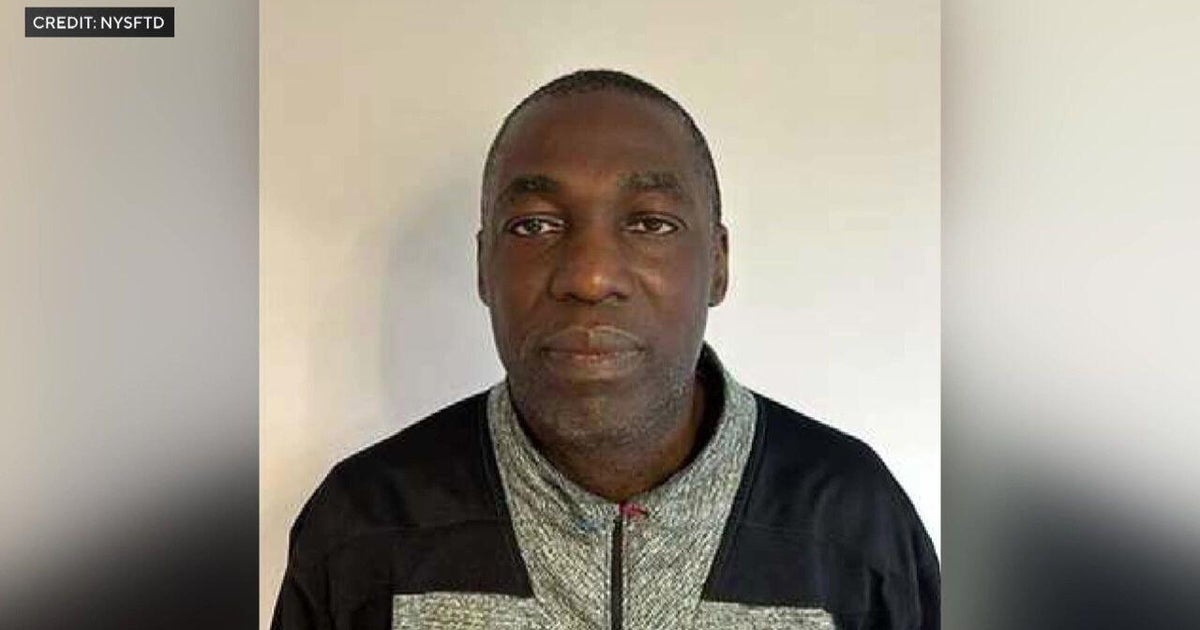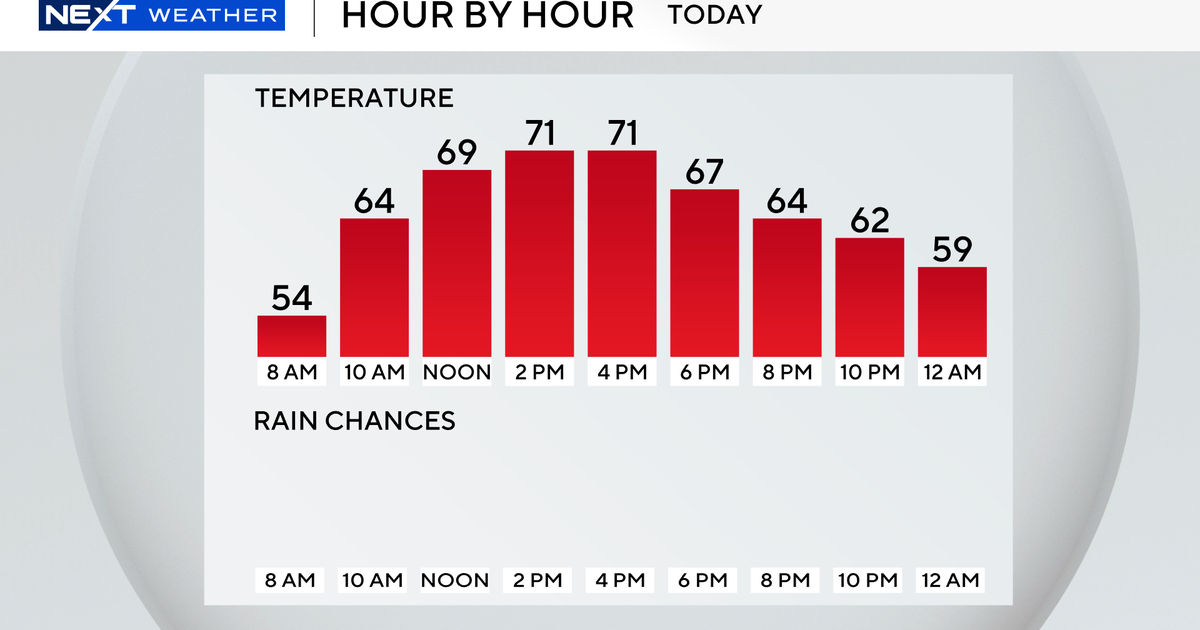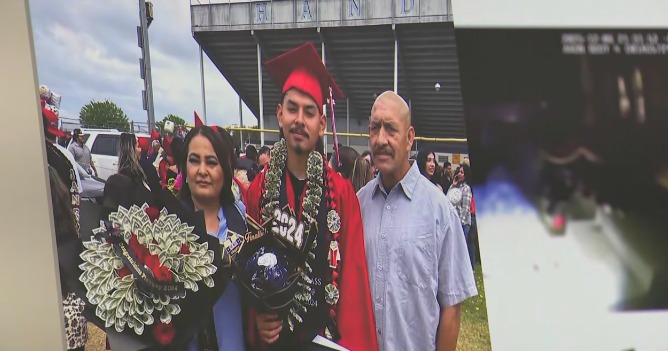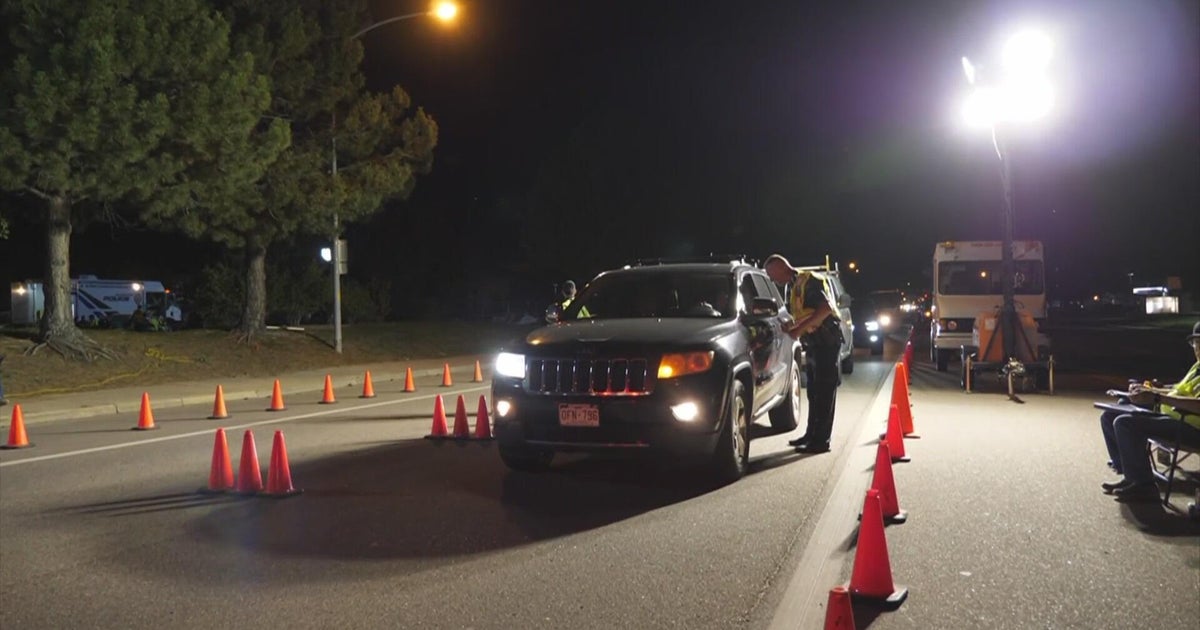Federal appeals court weighs Florida gun law
TALLAHASSEE - Amid evolving interpretations of how firearms can be restricted, a federal appeals court on Tuesday grappled with the constitutionality of a Florida law that bars people under age 21 from buying rifles and other long guns.
Florida lawmakers and then-Gov. Rick Scott included the age restriction in a sweeping school safety measure passed shortly after Nikolas Cruz, who was 19 at the time, used a semiautomatic rifle to kill 17 students and faculty members at Parkland's Marjory Stoneman Douglas High School in 2018. Federal law already prevented people under 21 from buying handguns.
The National Rifle Association challenged the state law, but Chief U.S. District Mark Walker upheld the age restriction. A three-judge panel of the 11th U.S. Circuit Court of Appeals also upheld the law, but the NRA asked the full appeals court to consider the case.
During what is known as an "en banc" hearing Tuesday in Atlanta, judges wrestled with questions about how to apply a series of U.S. Supreme Court rulings involving gun rights to the Florida law.
In a June decision in a case known as United States vs. Rahimi, the Supreme Court backed a ban on gun possession by people under domestic violence restraining orders. The 11th Circuit put the Florida case on hold until the Rahimi decision was issued, and both sides filed a series of briefs addressing how the ruling applies - or doesn't apply - to the age restriction.
A major 2022 Supreme Court ruling, in a case known as New York State Rifle & Pistol Association v. Bruen, established that gun laws must be "consistent with this nation's historical tradition of firearm regulation."
The age restriction
Tuesday's arguments focused, in part, on the country's history of regulating guns.
John Parker Sweeney, a lawyer representing the NRA, said the age restriction is unconstitutional because it "was not a tradition known ... at the time the Second Amendment was first adopted" in the 18th century.
Judge Robin Rosenbaum was among the members of the court who pressed Sweeney on the cut-off age for purchasing guns.
"Here's the problem with that. The problem is that the common law at that time gave no rights to anyone under 21, including the ability, the practical ability, to purchase a firearm," Rosenbaum said, adding that people under 21 largely worked for their parents on farms, did not have their own sources of income and were unable to enter into contracts to purchase guns on credit.
"They couldn't sue, they couldn't do a lot of things," Rosenbaum said.
In addition, states at the time made parents responsible for purchasing firearms for people under age 21 who were part of the militia or the military, Rosenbaum said.
"So how does that establish 18 as the number?" she asked.
"Anyone with cash could go in" and purchase a firearm at the time, including people under 21, Sweeney said.
"I'm not denying that the common law imposed limitations that could impact the ability to purchase, but it's not a prohibition on the purchase of firearms," Sweeney said.
Christopher Baum, a Florida deputy solicitor general, argued that the state's age restriction "is consistent with the principles underlying this nation's history and tradition of regulating firearms."
Some of the judges, however, questioned the justification of prohibiting 18-year-olds, who are adults, from purchasing guns. The Florida law allows people under age 21 to possess or use guns, such as guns they receive as gifts.
"One of the issues I have is, one of the arguments that you make is that the ban, quote, 'ensures that parents continue to play a key role in supervising and facilitating 18-to-20 year olds' access to firearms.' The issue is, though, an 18-year-old in the state of Florida or anywhere in any of the 50 states is a legal adult, and parents have no role or responsibility," Judge Barbara Lagoa, a former Florida Supreme Court justice, said.
Judge Robert Luck followed up on the line of questioning, noting that the "justification" for treating 18-to-20-year-olds at the time of the founding was that parents had an "obligation" to take care of children under age 21.
"Florida now has cut 18-to 21-year-olds loose and said, 'You're on your own, your parents have no obligation.' But then Florida is trying to treat them as children just for firearm purposes, and that's where it seems like there's a mismatch between the how and the why of these older laws and the how and the why of Florida's law," Luck, who also served on the Florida Supreme Court, said.
"Well, since the founding, the age of majority has differed for different activities," Baum said.
"How old do you have to be to purchase alcohol beverages in Florida?" Chief Judge William Pryor asked.
"Twenty-one, and also for tobacco," Baum replied.
"None of those are constitutional rights, correct?" Lagoa asked.
"That's right, your honor," Baum acknowledged, adding that the age of majority was a "legislative decision" that could be changed.
Lagoa was unpersuaded by the state's arguments, repeating that "you can't regulate a parent" in Florida.
"So what is the justification for saying, well for a 20 ½-year-old you have to ask your parents to buy a firearm but you don't have to ask them to rent an apartment for you?" she asked.
"The justification is the historical justification. That's the way it was at the founding," the state's lawyer said.
Judges also sparred over whether any laws existed at the time of the nation's founding that gave minors the right to purchase guns.
"We're talking about a very different legal regime, I mean, most law was the common law," Pryor said.
But other judges said that laws at the time ensured that minors had access to guns and did not make purchasing firearms a crime.
Sweeney conceded that things have changed over the centuries.
"It's clear from this discussion that the founding era was a different time from ours and while they didn't trust minors with credit, they certainly trusted them with firearms," Sweeney argued.
"But they didn't trust them with firearms" unless they were under supervision, Rosenbaum said.
"There is certainly historical evidence that shows there was a concern of our founding generation that individuals who were under the age of 21 would always be subject to the supervision of somebody else when they were in the military or the militia, or even with their parents, with firearms," she added.







